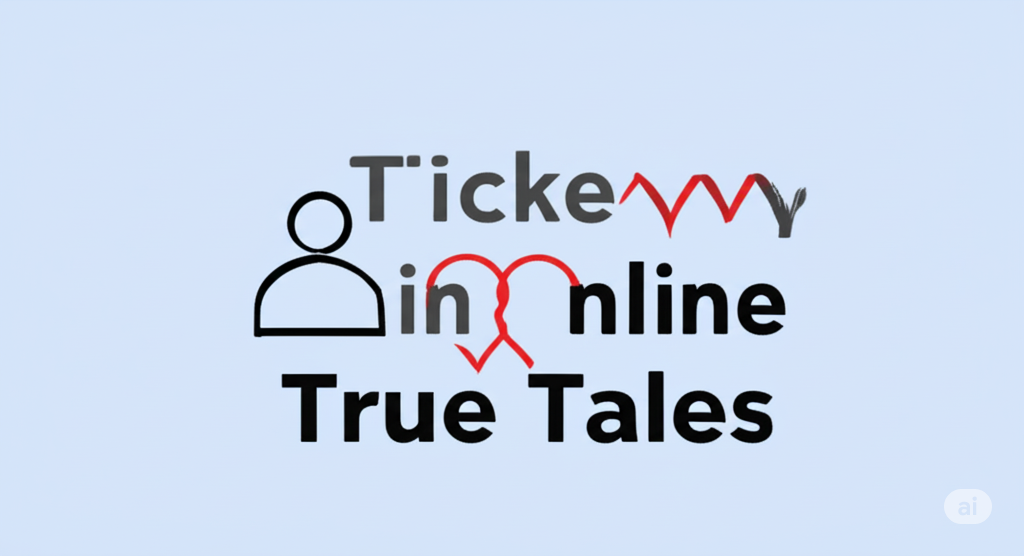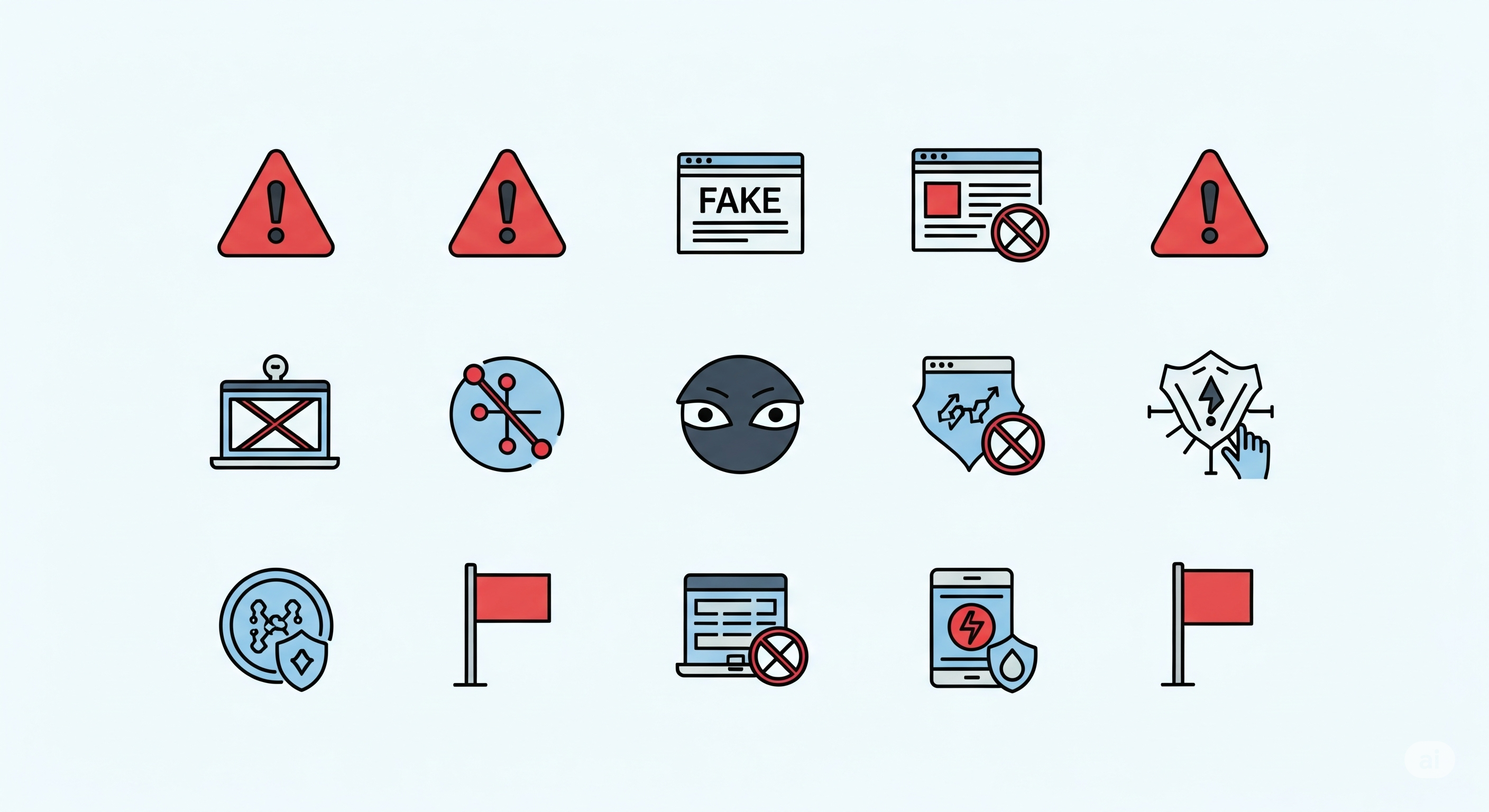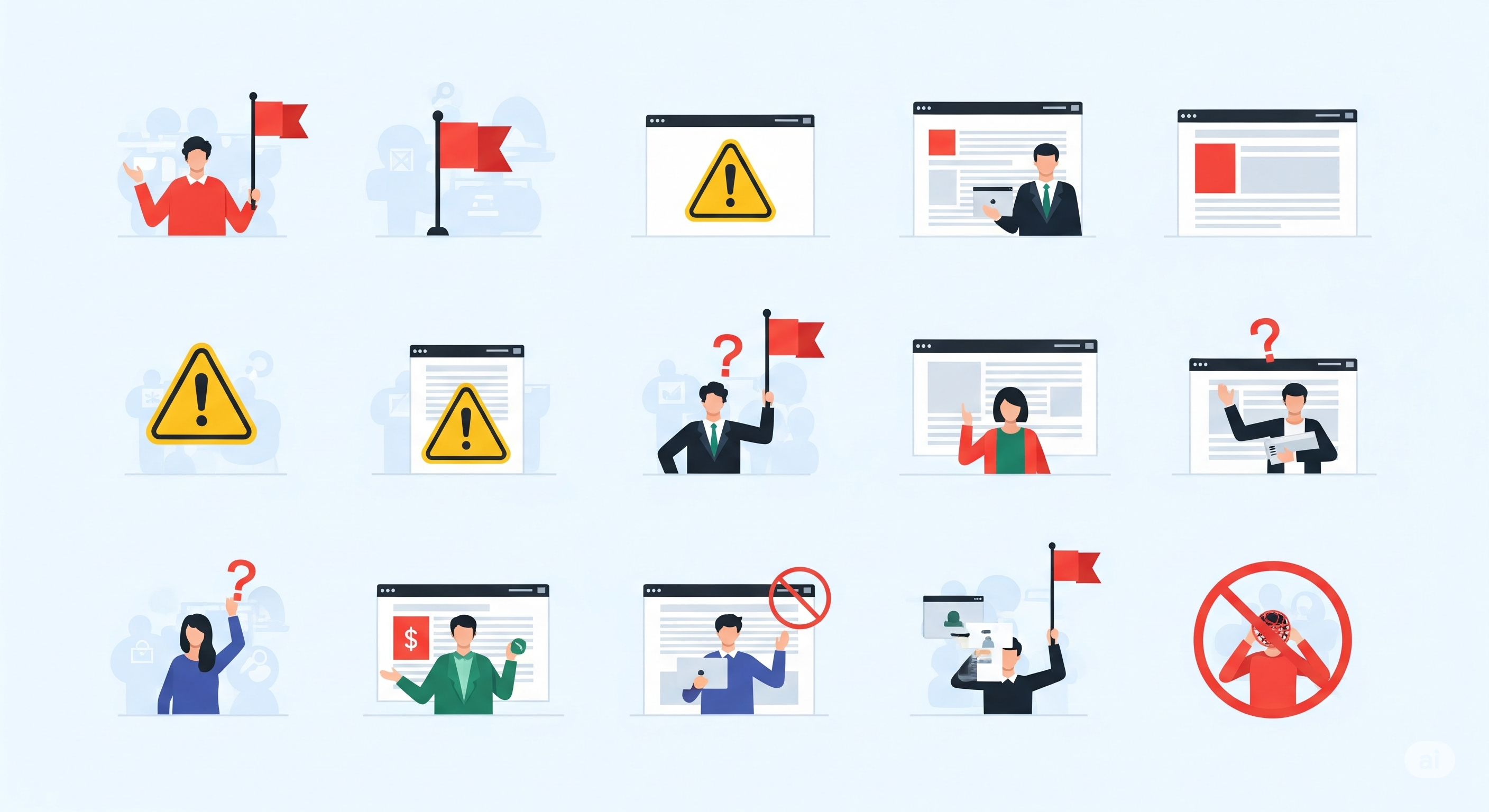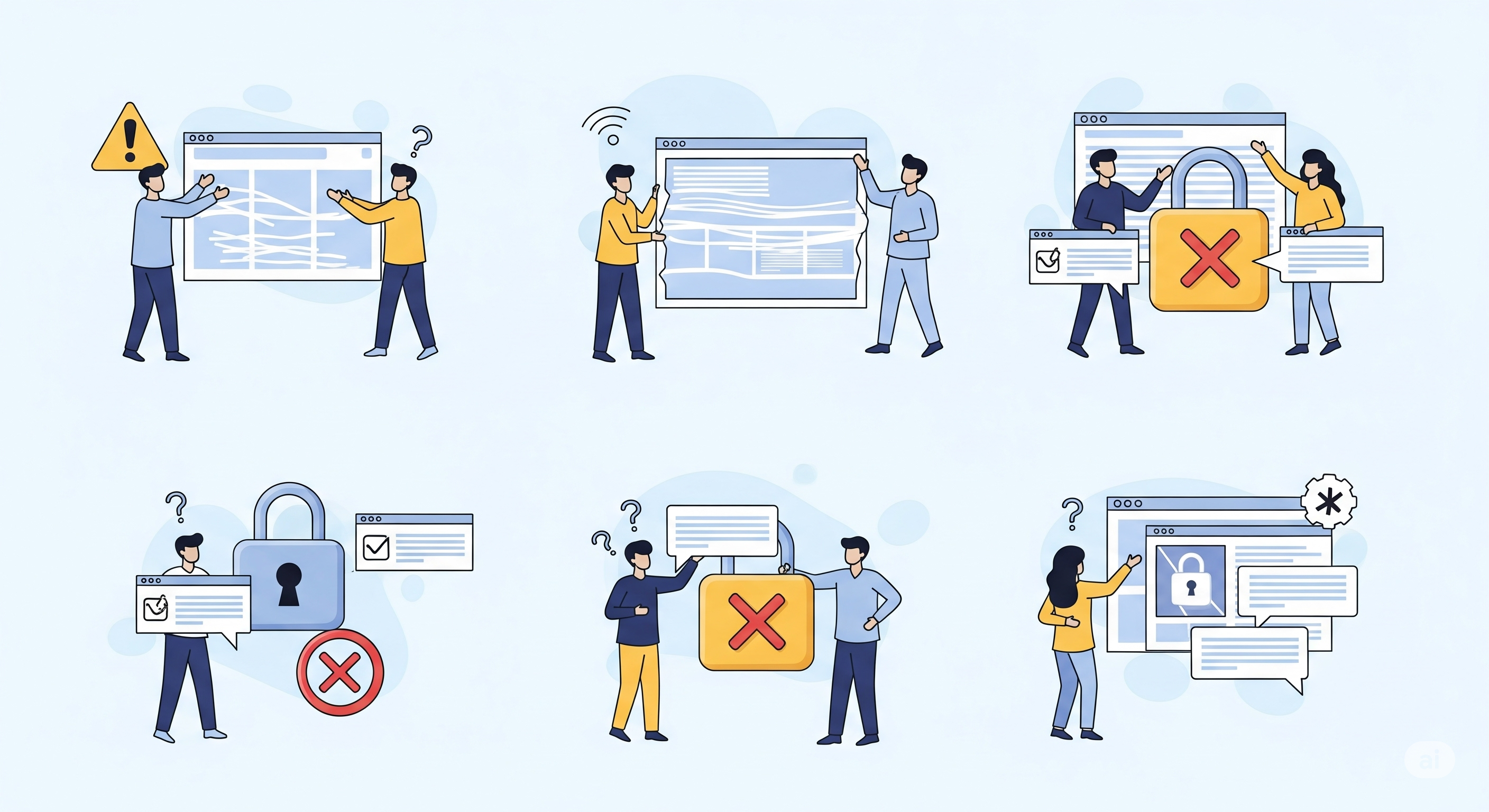Tips & Support
Is Fast Love a Warning Sign
Is Fast Love a Warning Sign
By Admin
Related Topics

Tricked by Online Love True Tales
In today s world where everything is so connected finding love online is as usual as shopping or banking online......
Read More

After an Online Scam
It is really scary to fall for an internet fraud nbsp You could feel betrayed and confused for a long......
Read More

Sending Money to Strangers
Sending money has never been easier than it is now With just a few clicks on your phone you can......
Read More

Scammers Quick Shift to Messaging
Scammers are constantly adapting and the latest trend shows a disturbing shift in how they operate While phishing emails and......
Read More

Tricked by Online Love True Tales
In today s world where everything is so connected finding love online is as usual as shopping or banking online......
Read More
After an Online Scam
It is really scary to fall for an internet fraud nbsp You could feel betrayed and confused for a long......
Read More
Sending Money to Strangers
Sending money has never been easier than it is now With just a few clicks on your phone you can......
Read More
Scammers Quick Shift to Messaging
Scammers are constantly adapting and the latest trend shows a disturbing shift in how they operate While phishing emails and......
Read More


